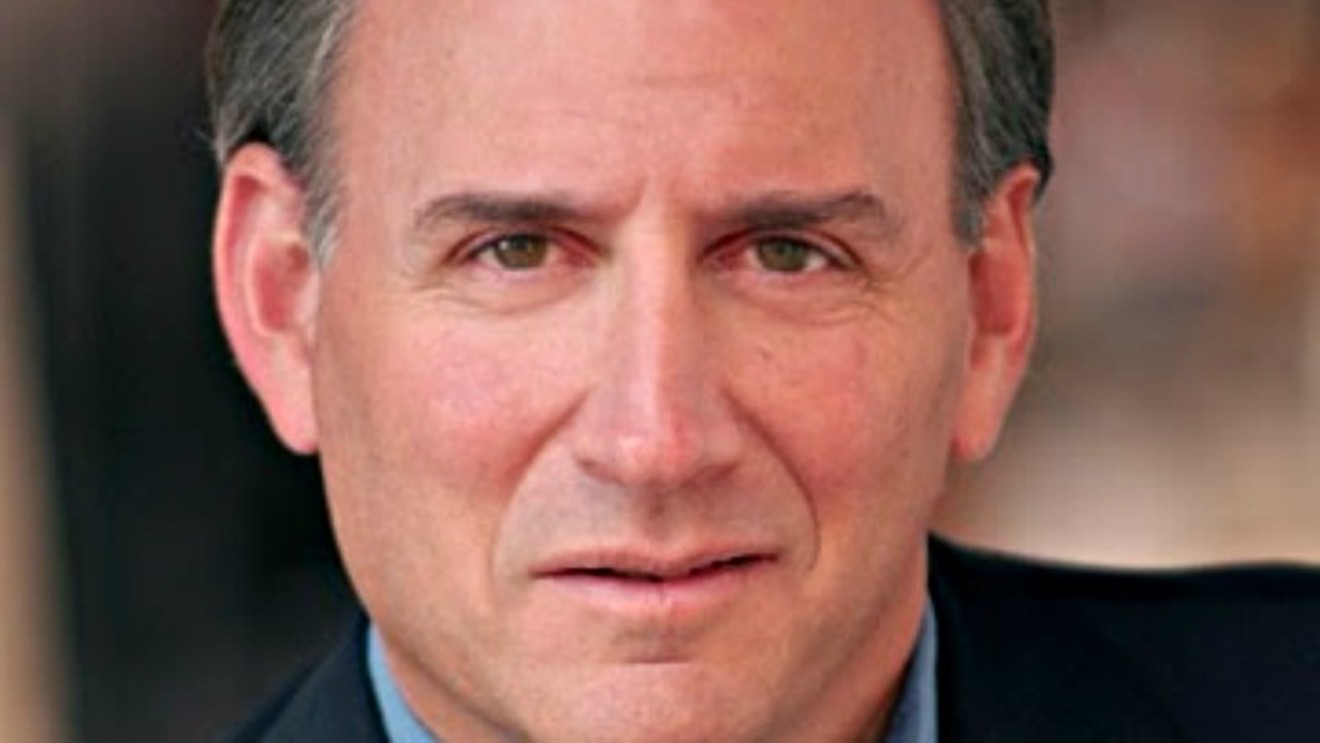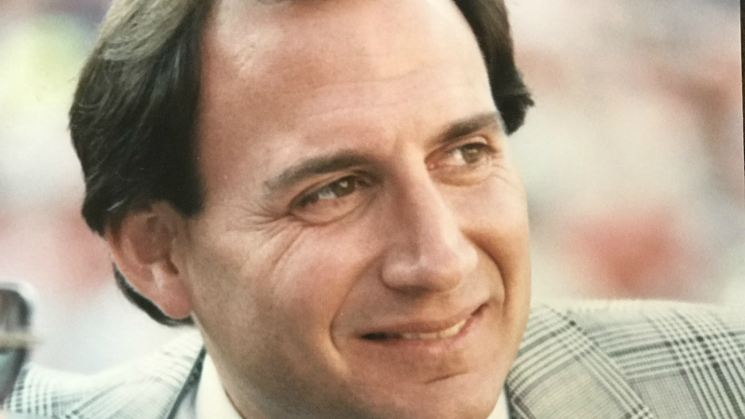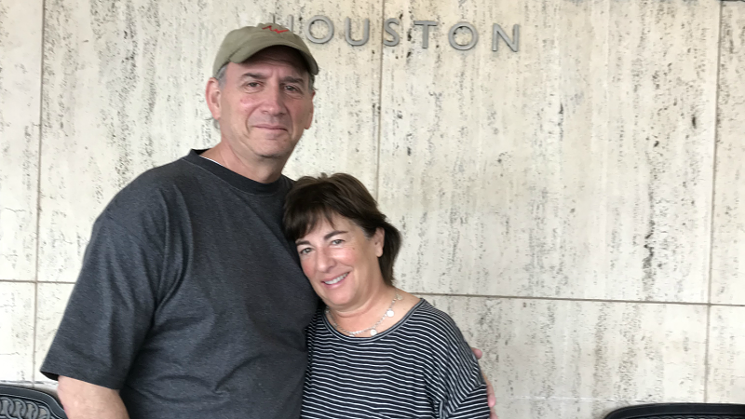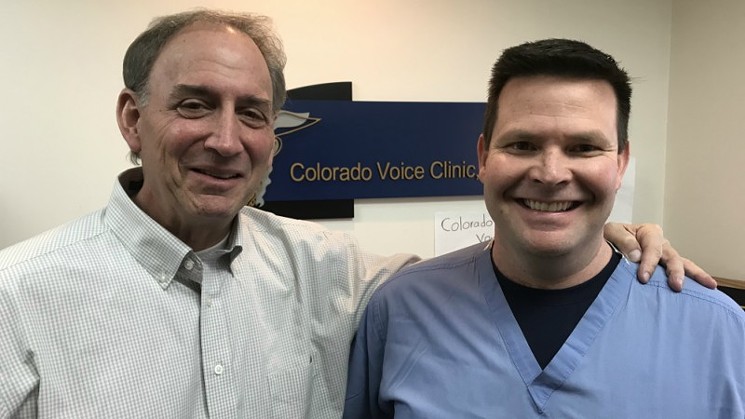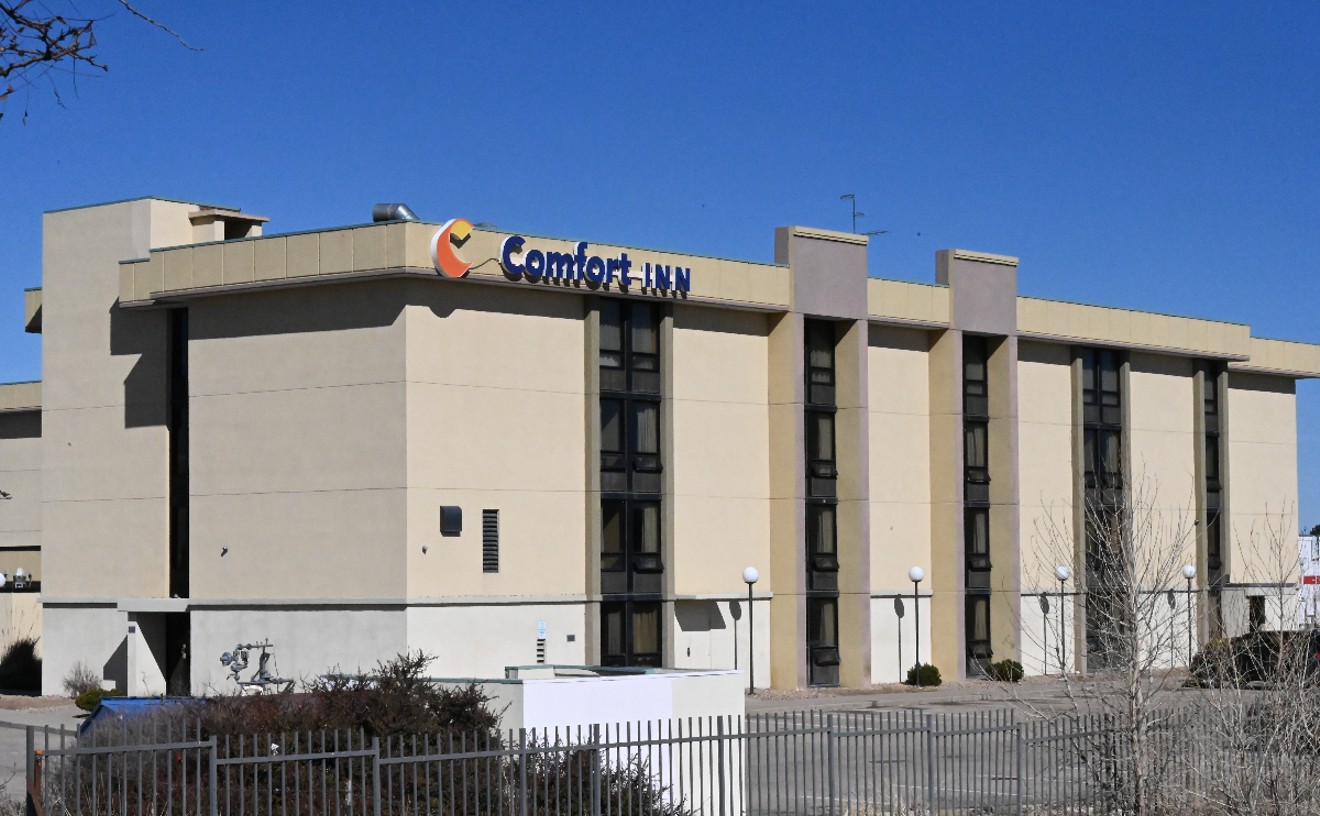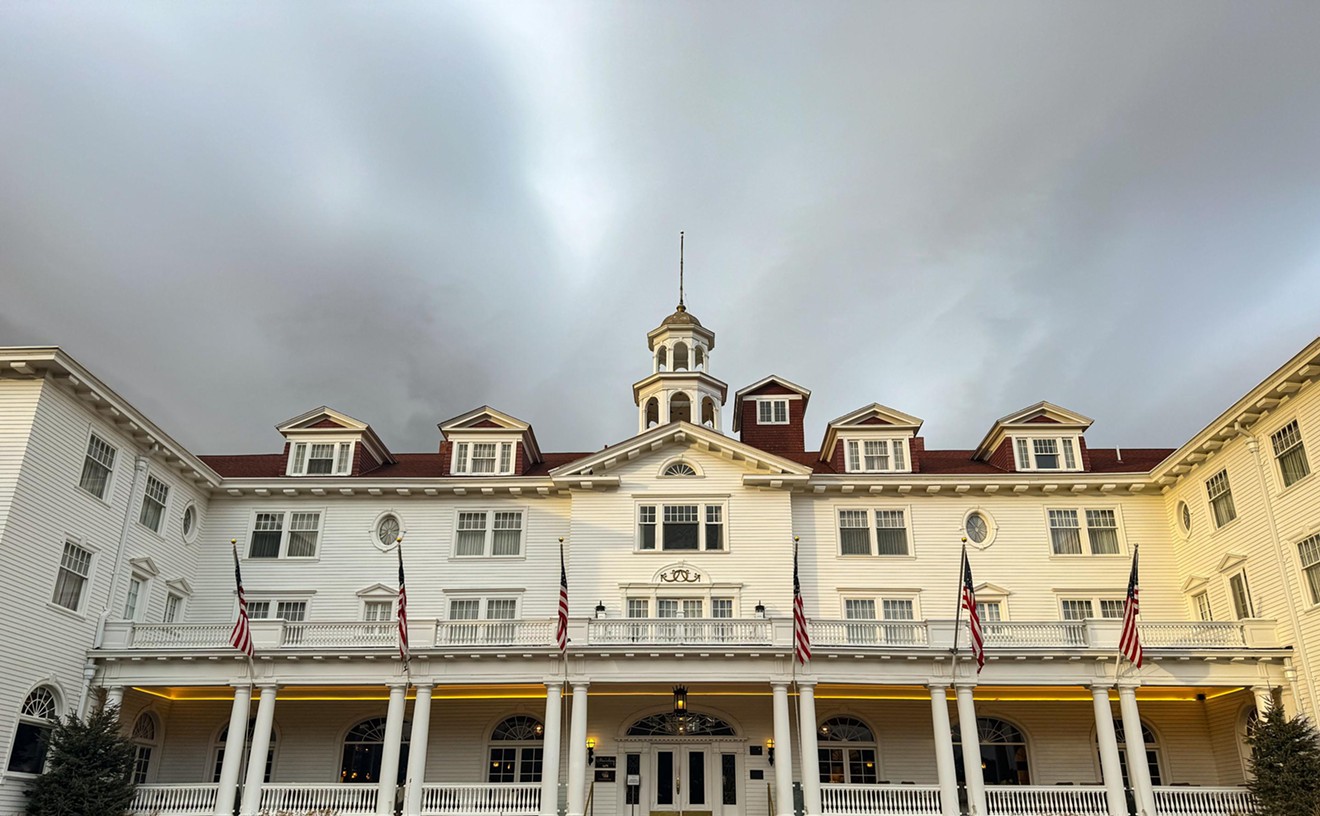That Shapiro, 62, is alive at all is further evidence of this theory. His regular doctor missed clues of the spreading disease not once, but twice, and the growths invading his system might not have been discovered until it was too late if Dr. David Opperman of the Colorado Voice Clinic hadn't ordered additional tests when Shapiro complained about problems with his voice.
And then there's the diagnosis itself. Shapiro has lung cancer despite the fact that "I've never smoked, I don't drink, and I work out six days a week. If you had asked me to name the top 1,000 possible ways I would die, lung cancer would not have been on that list. I happen to have a type of lung cancer that 98 percent of people with it are non-smokers."
His bill of health is not yet clean. "I went for a full body scan about a month ago and found I had about 65 percent shrinkage in all my cancerous lymph nodes," he reveals. "That was great to hear, because it means I'm in remission. But I've got 35 percent left in my body."
Still, that's a huge improvement, especially given the tragic turns his story could easily have taken.
According to Shapiro, the first signs of trouble cropped up "about a year ago. I was feeling numbness in my jawline and my right ear lobe. At first I didn't think much of it, but I went to get it checked out, and my doctor thought it was a nerve problem that might or might not go away. And I was fine with that."
Not long thereafter, however, "I started fainting," he goes on. "I fainted on a mountain in Arizona, I fainted at King Soopers, I fainted at the Cherry Creek Shopping Center. So I went back to my doctor, and once again, I was misdiagnosed. He told me it might be a combination of acid reflux and a nerve that runs up from my stomach."
These symptoms were followed by an issue that hit his career dead center. "I started losing my voice. It was getting really raspy, and that concerned me even more, because talking is my business."
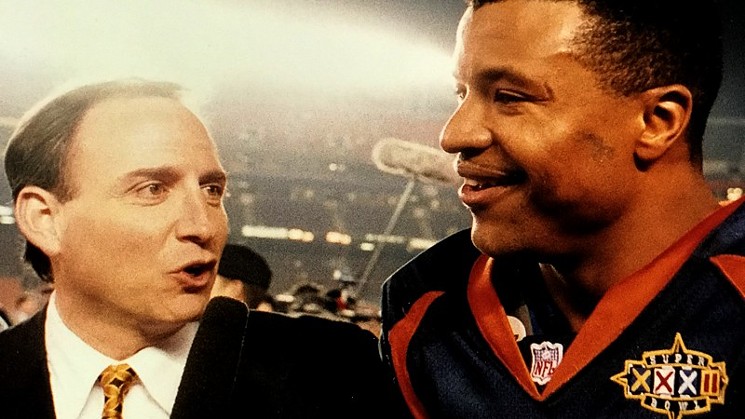
Les Shapiro interviewing Denver Broncos legend Steve Atwater at Super Bowl XXXII.
Courtesy of Les Shapiro
A few short years ago, he allows, "you'd hear stage 4 and you'd think it was a death sentence. But fortunately, I had a particular mutation of lung cancer for which there's a targeted therapy — a drug just approved last spring by the FDA."
Opperman referred Shapiro to an oncologist at MD Anderson Cancer Center in Houston, one of the premier facilities of its type in the country. Since mid-year, with an assist from another oncologist based at Denver's Porter Adventist Hospital, he's been on a medication regimen that's slowly brought him back from the brink.
When the treatment started, Shapiro notes, "I had a debilitating cough. I was having trouble speaking at length and would start coughing — and of course, that doesn't make great radio. It was easier for my show on Fox31" — Sunday Sports Zone airs at 10:30 p.m. Sundays — "because once the red light came on the camera, I was able to suppress the cough. But during the commercial breaks over the first few months, I was hacking my head off."
These effects took their toll on multiple levels. "It doesn't just mess with you body," he acknowledges. "It fucks with your head as well. That's been just as tough as trying to get through the days physically — trying to get through them mentally."
Initially, Shapiro concedes, "I was depressed, as I think anybody would be. But I knew that if I sat around the house, I would end up thinking about the cancer nonstop and feeling sorry for myself. So I did the show" — he and Eric Goodman co-host the afternoon-drive program on Mile High Sports Radio, at 1340 AM and 104.7 FM, from 4 to 6 p.m. Monday through Friday — "a couple of days a week in the beginning, which wasn't easy because of the paralyzed vocal cord. But as I started feeling better, I started doing more and more — first three days a week, then four days a week, and then, in the last month, five days a week."
Today, what he refers to as "the horribly dark thoughts" that had afflicted him in the immediate aftermath of the cancer revelation "have become less frequent. I still have them, but whereas six or seven months ago, when they'd be with me every hour, now I'm making long-range plans."
Shapiro continues to enjoy talking about sports, and he's thinking about branching out into podcasting. But the sense he's always had about what's most important in life has been heightened by his experience. He offers his gratitude to his wife, Paula ("She's a rock — one of those people who doesn't just want to get things done, but does get things done"), and Opperman, whom he credits with saving his life, plus his employers, his colleagues on the Denver media scene, listeners who regularly tweet their support and folks at the teams he covers, including the Colorado Rockies, the Denver Nuggets and the Denver Broncos.
Because he's a personal friend of John Elway, team executive Joe Ellis and former coach Mike Shanahan, Shapiro has known for a year that Elway had floated the possibility of hiring Shanahan to replace the Broncos' current head man on the sideline, Vance Joseph, but kept the details to himself until after the publication of a Colorado Springs Gazette column on the subject by Woody Paige, his former partner on a regular show tied to the Denver Post. For him, the relationships were more important than the scoop.
"You need to remember that you're reporting about people who have families and may have health problems of their own," he says. "If you can, be kind."
As for what recommendations he'd make to others in his situation, Shapiro recently delivered them live to a select audience.
"I emceed the UC Cancer Center dinner a few weeks ago at the Palm downtown," he says. "It was a group of about 180 bigwigs, and a lot of them were in my age group — and because of the theme of the evening, it gave me the opportunity to tell them what I went through. One of the things I told them was, 'Guys, we're at the age when things go wrong — and I'm not talking about minor things. I'm talking about major things.' Some of the people in the room were already going through it, and I said, 'The best advice I can give is, don't wait. A lot of my peers say they don't like going to a doctor. Well, fuck that. Go to the doctor. Go to two or three of them and figure out what you have so you can start taking care of it now, before it gets worse.' That's something I'd tell any age group, but my age group in particular."

